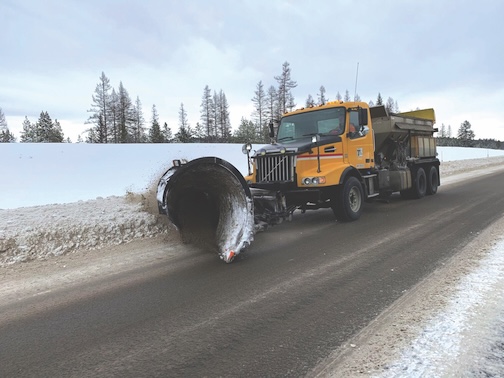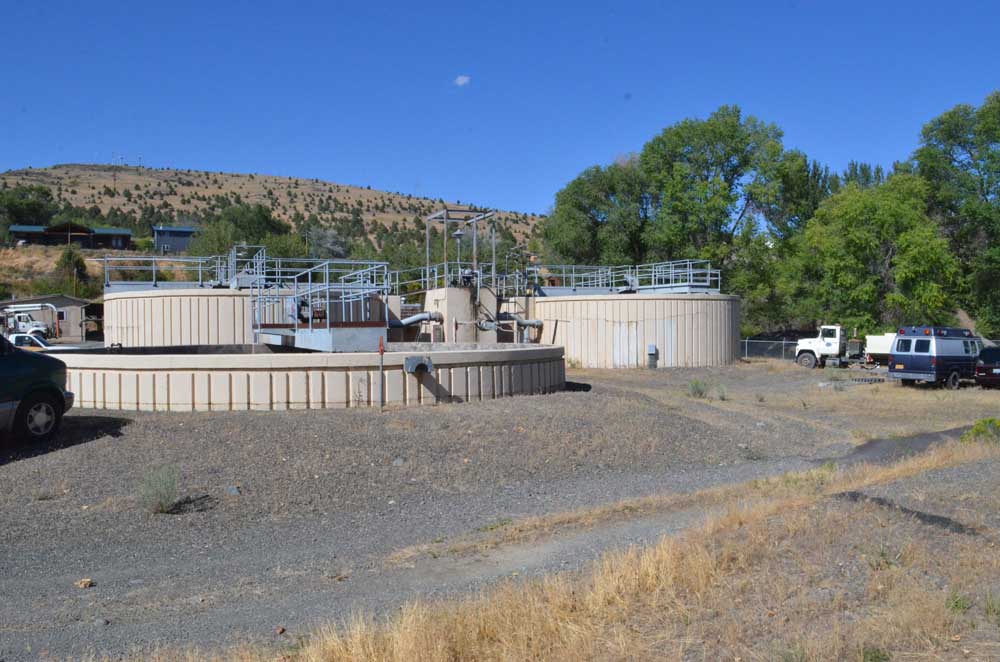Malheur County DA drops charges against First Strike Environmental
Published 4:00 pm Tuesday, February 24, 2004
ROSEBURG – In a twist of events in the case against First Strike Environmental Malheur County’s prosecutor suddenly dropped all charges against the fire fighting company Feb. 18. Dan Norris, district attorney for Malheur County, originally filed charges of drunken driving, reckless driving and 18 counts of reckless endangerment against First Strike after last summer’s Aug. 24 accident when a van one of their firefighters was driving crashed into a semi-trailer and killed eight riders.
Trending
The charges were dropped in exchange for the stepped-up safety measures First Strike is implementing in its company and within the wildland firefighting industry.
David Terry, attorney for First Strike Environmental said he is very pleased with Norris’ decision to drop the charges.
“I’m ecstatic. We have worked very hard to bring the true facts forward for months.-We knew the true facts.-This is very gratifying for all of us,” Terry said. “Dan Norris has come to agree that because this tragic motor vehicle accident left no survivors and because the toxicology and other evidence was so compromised, we may never know whether alcohol was a factor in the crash.”
Trending
Evidence initially indicated that the driver of the van was intoxicated. However, subsequent tests revealed only minimal amounts of alcohol, well below Oregon’s legal limit of 0.08 percent, were in the driver’s blood and urine. In the end, due to the condition of the driver’s body after the accident, First Strike’s lawyer contended that tests indicating blood-alcohol level were too compromised to be reliable. First Strike has believed from the beginning the driver was not under the influence when he crossed the double line.
“However, we do share Mr. Norris’ belief that too many firefighters are dying in transit to and from fires,” said Robert Krueger, president of First Strike Environmental. “The reasons for their deaths may include any number of factors: lack of experience with the types of vehicles they are driving, physical and mental exhaustion while driving to and from the fires (excitement or fatigue) or even alcohol and drug impairment,” he said.
“We respect Dan Norris’ determination to stop firefighters from dying on the roads and highways of Oregon. His resolve has contributed to the wildland firefighting community’s increased attention to safety and training in this area and the light that he has shed on this problem has created a wave of re-examination and enhanced training and safety protocols.”
“Firefighting organizations across the state and the nation are ramping up training and safety measures that will reduce the major causes of such tragic accidents,” said Krueger. “Our first act was to eliminate any possible fatigue factor by sending fresh drivers to pick up weary crews from extended assignments.”
“We were accident-free until this nightmare; my main focus now is preventing this from ever happening again,” said Krueger. “We are working to change alcohol and drug policies within the industry and encourage intensive driver training to build additional skills needed to drive firefighting transport vehicles safely,” he said.
The company recently conducted a defensive driving training course for local firefighters Jan. 16 and will be providing an additional course for all First Strike van drivers in Roseburg, March 19, 20 and 21. This National Safety Council class helps prepare drivers to compensate for the challenges of operating 9-15 passenger vans. As reported in the Eagle Feb. 11, the course involves classroom training and behind-the-wheel practice of emergency driving techniques and collision avoidance on a closed course under the supervision of a professional driver.
Perhaps the biggest challenge the industry faces is enforcing an alcohol and drug-free work environment. “Both firefighting contractors and federal firefighting officials must come to the table to find better solutions,” said Krueger. “We all have training and stacks of policies prohibiting alcohol and drug use; more regulations and laws aren’t the answer and we have to find the answer together.”
Krueger said that the tragedy on Aug. 24 and the subsequent charges and search for the truth have been agonizing for the families of the firefighters who died in the van, for the employees of First Strike as well as for the whole community. “I think that we all need to honor these men and respect their memory by making sure that those who follow them can get to and from the fires safely. We are happy this prosecution has ended and appreciate closure for all the families, the community, and First Strike Environmental employees.”









